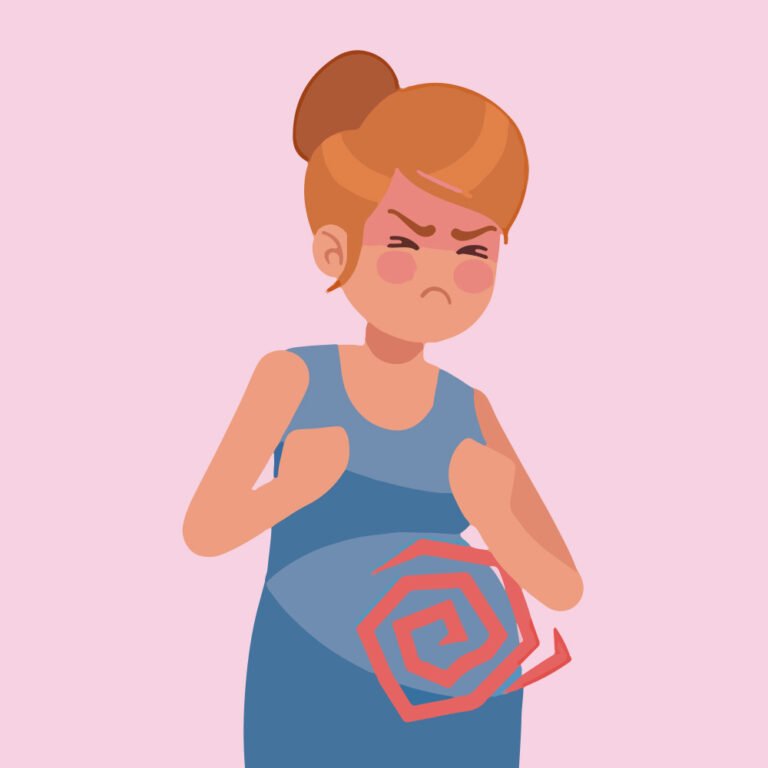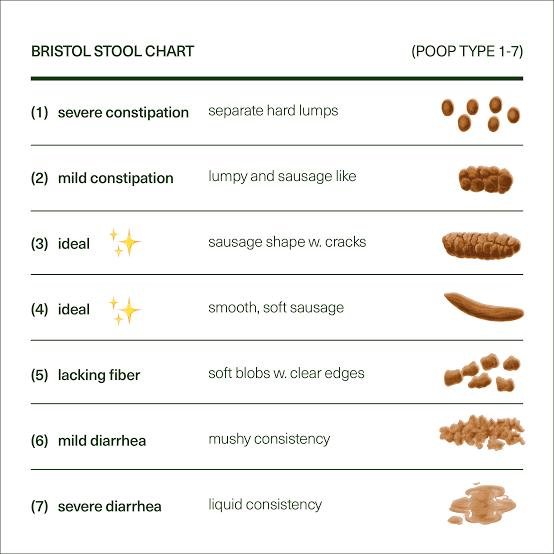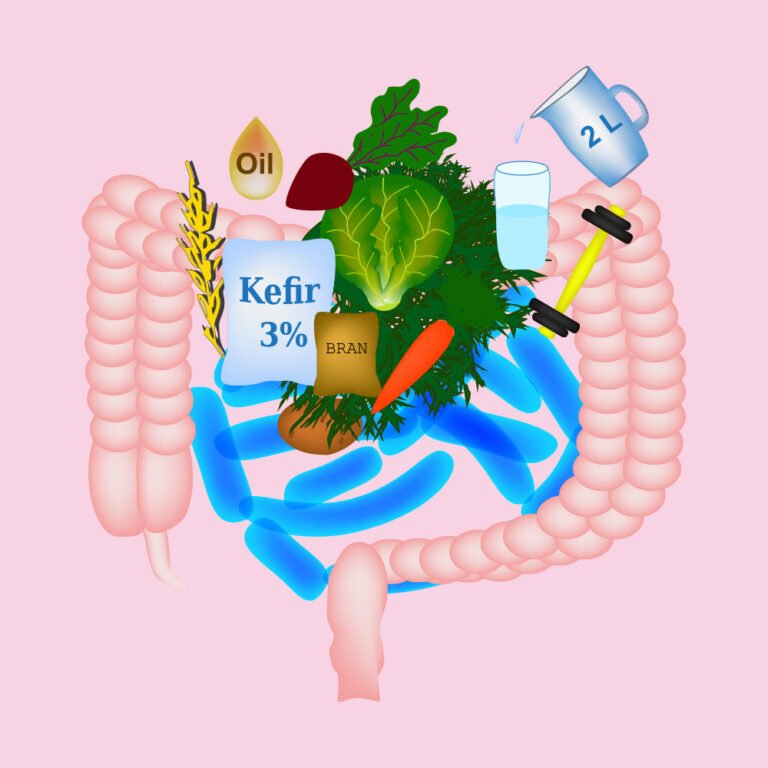constipation
Constipation is three or fewer defecations per week as a result of slow bowel movements. Constipation, which causes adverse conditions such as difficulty in defecation, incomplete emptying, painful defecation and bloating, is common among bowel disorders. Constipation can sometimes be seen as an obstructive type and sometimes as a slowdown in bowel movements. Constipation is a condition we often encounter with disorder of the pelvic floor muscles, and it resolves spontaneously when we treat the pelvic floor muscles.

In constipation, hard defecation, a decrease in the number of defecations, the need for intense straining, incomplete drain, and finger pressure around the vagina or anus during defecation are observed.
Constipation can occur for a variety of reasons. Eating habits or disorders may occur due to delayed defecation, neurological problems, systemic problems, insufficient bowel movement, or decreased adaptation of the pelvic floor muscles to defecation. Conservative treatment should be applied firstly in constipation and cases resulting from constipation.

You need to check the shape of your stool after each toilet. Normal stools are type 3 and type 4. Type 1-2 indicates constipation, type 5-6 insufficient fiber intake, and type 7 inflammation.
The most common mistake in constipation is straining strongly. When we strain, the pelvic floor muscles contract and close the anus. It is almost impossible to defecate with the closed anus. In addition, straining will further disrupt the function of the pelvic floor muscles and increase constipation.
Constipation may result in urinary incontinence, urinary tract infection, fecal incontinence, anal fissure (fissure) or hemorrhoids. In addition, in constipation, breathing will be affected, which will reduce the quality of life during effort.








